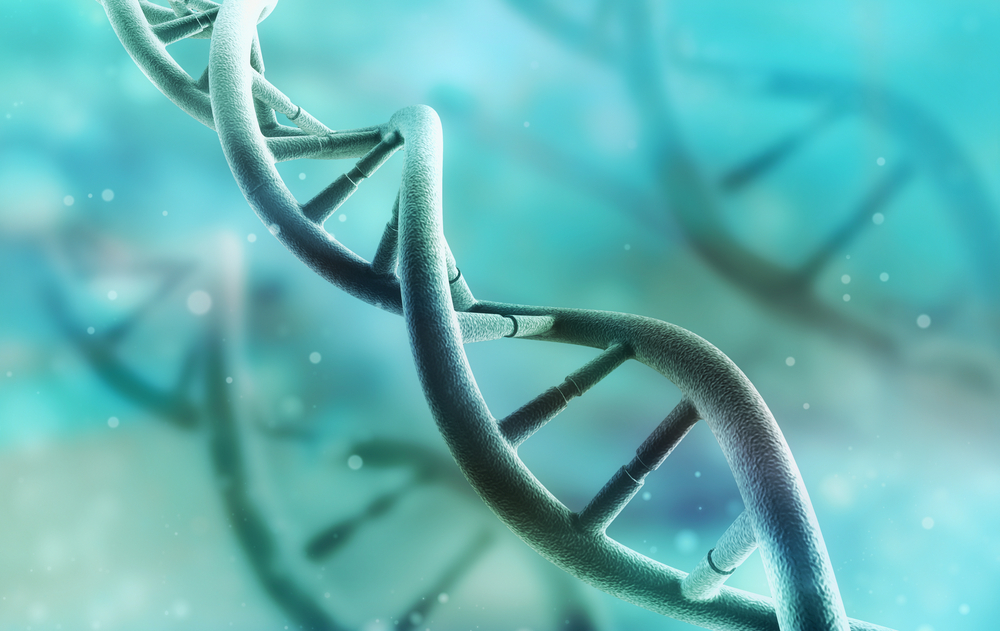Genetic Compensation Mechanism Could Aid in Treatment of Muscle Disorders, Study Suggests
Written by |

A genetic compensation mechanism discovered in zebra fish could have implications in the treatment of muscle diseases, a recent study suggests.
The study, “Genetic compensation triggered by actin mutation prevents the muscle damage caused by loss of actin protein,” appeared in the journal PLOS Genetics.
Many individuals carry homozygous gene mutations (present in both gene copies inherited from the mother and father) that would normally lead to disease or death. However, research has shown that many of them are able to stay healthy due to genetic compensation, a defense mechanism resulting from altered gene expression that safeguards the body against gene loss that would otherwise be harmful.
Studies in plants, yeast, and worms demonstrated that normal biological function can be maintained through duplicate gene copies and redundant molecular pathways. However, a lack of studies on this matter raises the question of whether these are isolated cases of genetic compensation or if they are a common feature in animals. Researchers also aren’t sure how genetic compensation is triggered.
An example of genetic compensation is found in the skeletal muscle, where the production of cardiac muscle alpha-actin (ACTC1) partially compensates for loss of the protein ACTA1. Actins are key proteins in cell motility, structure, and integrity. ACTC1 is predominant in fetal skeletal muscle, but ACTA1 — which differs from ACTC1 by only four amino acids — becomes predominant in adulthood.
The clinical severity of patients with a complete lack of ACTA1 is determined by the levels of ACTC1 in the skeletal muscle. This relationship was validated in mice, where overproduction of ACTC1 rescued the early mortality observed in mice without ACTA1.
Mutations in the ACTA1 gene in the skeletal muscle may result in nemaline myopathy, a rare genetic muscle disorder that causes muscle weakness throughout the body. The research team had previously shown a similar decrease in muscle function in a genetic zebra fish model.
Using zebra fish and performing a variety of genetic, molecular biology, and movement experiments, the investigators revealed that an actin (actc1b) mutant exhibits only mild muscle defects due to a compensatory mechanism. The mechanism is characterized by increased expression of an actin paralogue, which is a gene derived from the same ancestral gene, but differing through the existence of mutations that may give the protein a new function.
This mechanism was absent when the researchers reduced actc1b expression by a different technique not based in gene mutations, which supports the evidence of genetic compensations.
“Our findings provide further evidence that genetic compensation may influence the penetrance of disease-causing mutations,” the researchers wrote.
“Identifying the specific factors that trigger the compensatory upregulation of cardiac [actin] in the skeletal muscle tissues is the next challenge and could have therapeutic applications to ameliorate ACTA1 skeletal muscle diseases,” they said.





